By Namale Agnes. Kazinga upper cell, Kazinga lower and Tukundane cells are villages in Rusoroza parish, Kihiihi sub-county, Kanungu district of Uganda. The villages are adjacent to queen Elizabeth national park and over 30 families within these three cells have land that boarders the park. The traditional economic activities for the natives of this area
By Namale Agnes.
Kazinga upper cell, Kazinga lower and Tukundane cells are villages in Rusoroza
parish, Kihiihi sub-county, Kanungu district of Uganda. The villages are adjacent to queen Elizabeth national park and over 30 families within these three cells have land that boarders the park.
The traditional economic activities for the natives of this area include coffee
growing, “waragi’ brewing, millet, beans and rice farming.
“However, land is constantly reducing due to financial pressures that lead to selling off land due to school fees, marital expenses, sicknesses and need of health care” says Niyonzima Fredrick Boaz the chairperson of the reformed poachers groups in this area.

Figure 2 Niyonzima Fredrick Boaz- chairperson; Photo credit- Infonile.
Niyonzima started mobilizing residents of Kanungu district in the year 2003 to
stop poaching and embrace farming by distributing 25000 cocks to four sub
counties in Kanungu district.
“We moved on to the Heifer project in the year 2005 to 2016, teaching locals raring of Boer goats” Niyonzima adds.
Currently Uganda Wildlife authority in partnership with CONNECT4wildlife a
multi organizational project aimed at curbing the impacts of biodiversity crisis
through addressing major catalysts of the problem like poaching and wildlife
trafficking is carrying out a project in this area meant to benefit reformed poachers to embrace farming and conservation.
“I started by mobilizing them to embrace goat keeping with the heifer project, but
later together with other members of the community we decided to specifically
target poachers” Niyonzima recollects.
“currently I am their coordinator and I have offered them land for Apiary with 30
bee hives, targeting to have 100 hives at least” he adds.

Figure 3: Jane Shuma from TRAFFIC & Rehema Kahurananga from IUCN meet reformed poachers in Kanungu.
To some of the families in this area, poaching has been carried down from
generation to generation. To some of them it is more than hunting meat for
consumption, the activity holds cultural value to them.
However, Niyonzima affirms how catastrophic it can be to allow locals to hunt
animals at their own free will un supervised.
“Poaching can lead to reduced tourism earnings which also affects the
governments revenue eventually affecting other sectors. In the long run, this can
lead to more taxes being imposed on us citizens” Niyonzima says.
“Recently the government enacted a law that allows us to acquire license hunting
in a regulated manner “he adds.
However, he recounts that this involves a lot of steps and fees to pay which most of the locals cannot manage.
Niyonzima fears that allowing locals to hunt can deplete the number of animals
especially those ranked as endangered by the IUCN red list including the African
forest/savannah elephant and lions for money not human consumption as the
wildlife traffickers can easily infiltrate the community.
“Locals should be trained raring of animals and birds so that they can benefit in the tourism value chain through supplying food to hotels and campsites for tourists and visitors.” Boaz affirms.
Even though the rate of poaching since 2003 in Kanungu has gradually decreased
due to mindset change in these communities, Niyonzima says there is still a lot to
be done to put an end to poaching in this area.
“There is need to provide free education for the children in the communities
adjacent to the gazetted area, especially in secondary and tertiary level. We need
rehabilitation of feeder roads to enable community tourism and ease transportation of farm produce to the market Niyonzima says.
“The locals can be equipped with crafts making skills, for instance wood curving
and other craftsmanship skills. “He adds
He adds that the community needs a coffee roasting and packaging machine for
value addition, in order for locals to earn more money and encourage reformed
poacher to earn from their coffee.
Through the CONNECT4wildlife project, Uganda wildlife authority (UWA) gave
these reformed poachers revenue to encourage them stop poaching in the year
2022. So far, the project has impacted 30 beneficiaries through a piggery project
and others have embraced bee keeping.
Figure 1 photo credit: Infonile.


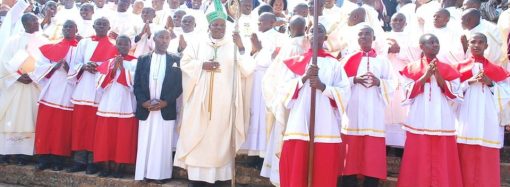

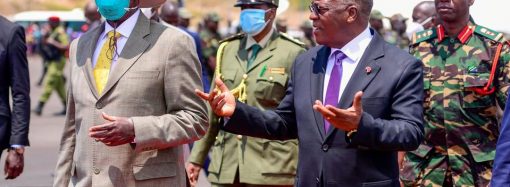

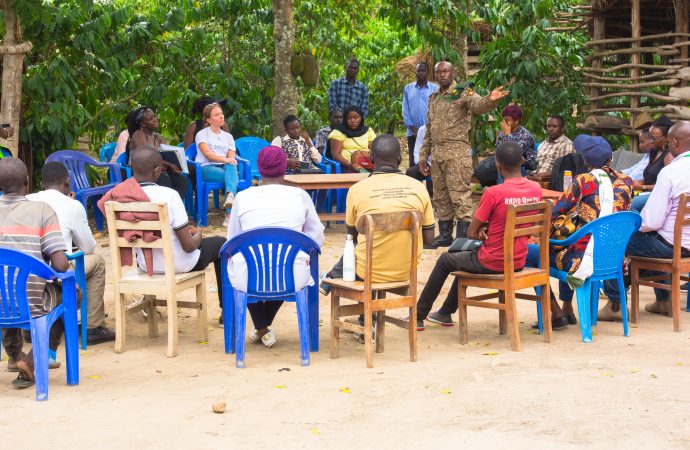
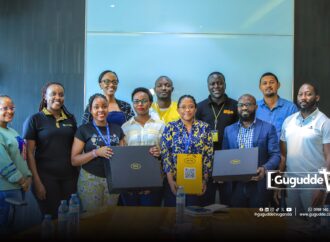

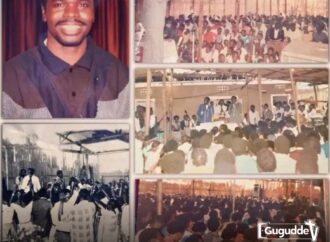
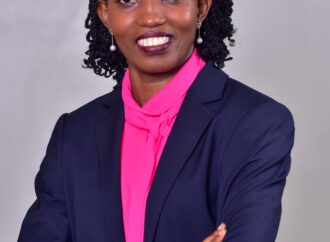



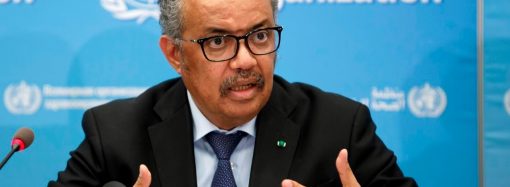
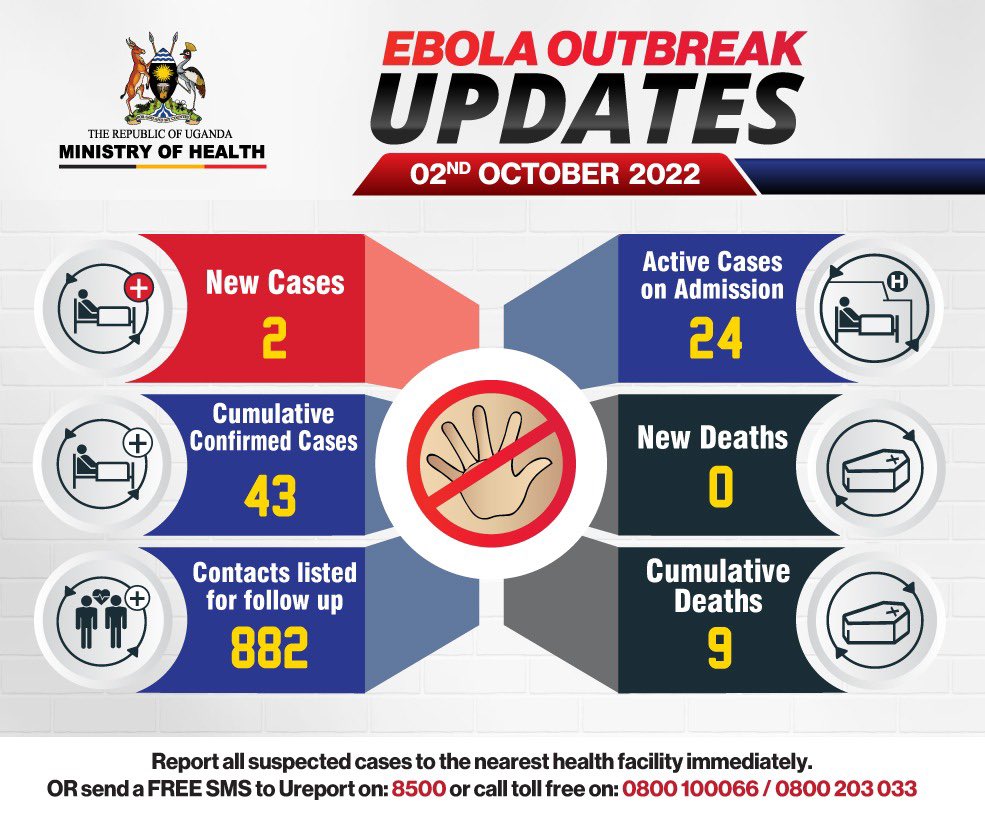









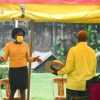



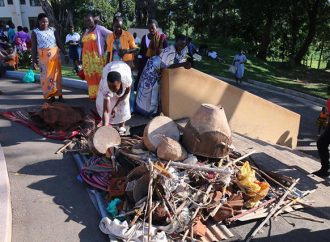

Leave a Comment
Your email address will not be published. Required fields are marked with *